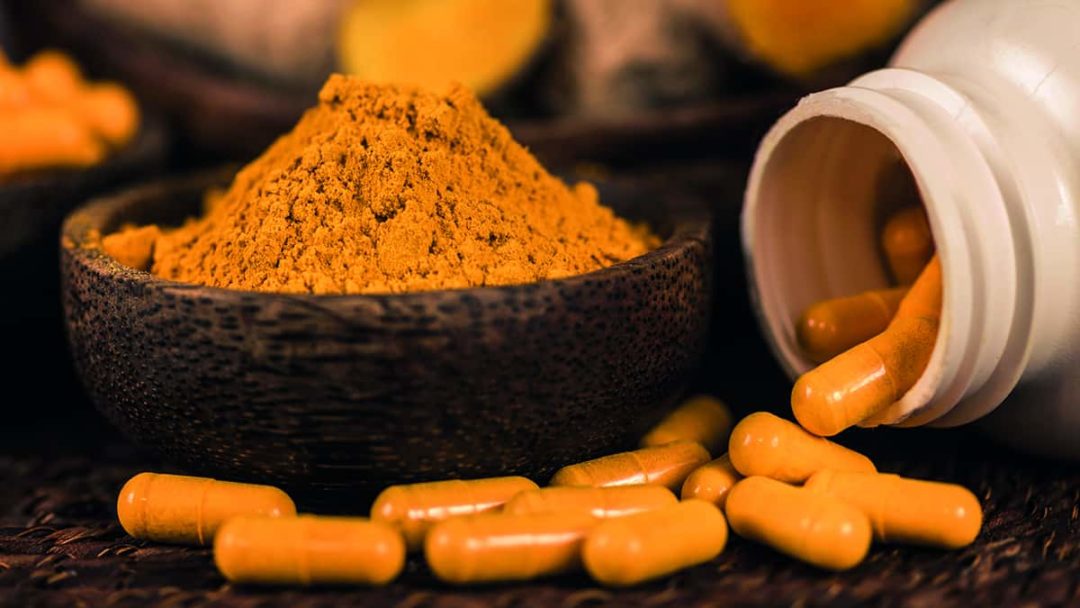NOW tested 23 unknown brand product samples and two NOW products, all purchased from Amazon in June 2021. With regards to potency, the samples did better than expected, according to the press release: Four products tested very low, but without any specific label claim, and only one product clearly failed.
However, turning to labeling, NOW notes possible deception: All products were labeled such as “Turmeric Curcumin 1650mg” on the front panel, but the side panel would list 1,500mg Turmeric Root, 150mg Turmeric Extract, 300mg Ginger Root, and 15mg BioPerine per three capsules—equaling out to 655mg per capsule, with less than 10% of the product actually being Turmeric 95% Standardized Extract. “This can be perceived as deceptive since many customers do not know the difference between Turmeric, Turmeric Extract, Curcumin Extract, and Standardized 95% Extract,” said Dan Richard, NOW’s Vice President of Global Sales and Marketing. Plus, two brands labeled to be in vegetarian capsules were found during testing to be in animal gelatin capsules.
Related: NOW Receives ISO Accreditation for 2 Laboratories ProHealth Longevity, Effepharm Partner Against NMN Adulteration It’s Time for Amazon to Create a New Story
Looking at heavy metals—arsenic, cadmium, lead, and mercury—the average total heavy metals per product were 525% higher than NOW’s two-sample average, and only one product out of all 23 samples had less heavy metal content than NOW’s products. Two products, from B’Leaf Nature and Eagle brands, were more than 20 times higher than NOW, and above California’s Prop 65 limits for lead. Farm Haven and BioEmblem brands were both above 100ppb in cadmium, which the press release calls a “particularly toxic heavy metal.”With regards to adulteration, four brands were spiked with synthetic curcumin, which is derived from petrochemicals, as per tests from the University of Georgia’s Center for Applied Isotope Studies.
Overall, 11 out of 23 passed all tests, although they had slightly misleading labeling; the other 12 failed either for potency, synthetic curcuminoids, heavy metals, or using gelatin rather than the claimed vegetarian capsules.
“While we appreciate Amazon’s initial efforts to address these ongoing, egregious problems with sellers on their platform, there is clearly still a long way to go,” Richard said. “The kind of results we found are not what consumers expect when they purchase dietary supplements from sellers they trust.”
NOW has previously tested and found problems withALA,phosphatidyl serine,CoQ10, and SAMe.










